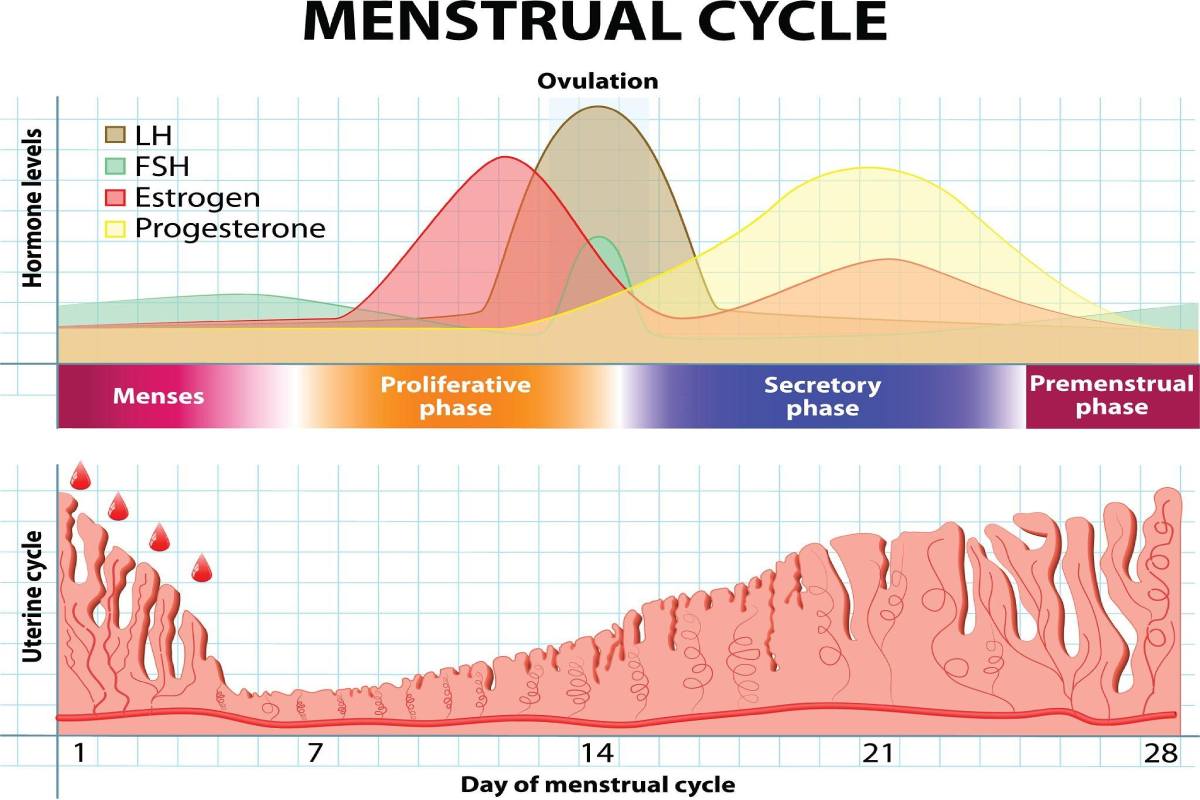Luteinising hormone (LH) is a hormone that plays a vital role in the reproductive system of both men and women. LH levels vary throughout the menstrual cycle, with peaks occurring just before ovulation in women. However, LH testing is not limited to fertility and ovulation tracking. This blog will discuss LH testing and its link to menopause and hormonal changes.
Table of Contents
What is LH Testing?
This is a diagnostic test that measures the levels of luteinising hormone in the body. LH blood tests are the most common type of LH Test, but urine tests are also available. This testing is commonly used to diagnose fertility issues but can also be used to track menopause and hormonal changes.
LH Testing and Menopause:
The process of menopause is a natural biological event that takes place in women as they progress in age. During menopause, a woman’s ovaries stop producing eggs, and her menstrual cycle ceases. As the body adjusts to this change, hormonal fluctuations occur. LH levels can rise significantly during menopause.
It can help diagnose menopause and track its progression. An LH blood test and other hormone tests, such as follicle-stimulating hormone (FSH), estrogen, and progesterone tests, are performed. These tests can help doctors determine if a woman is approaching menopause or has already gone through it.
LH Testing and Hormonal Changes:
In addition to monitoring hormonal changes associated with menopause, it can track hormonal variations linked to other medical conditions. One is polycystic ovary syndrome (PCOS), a hormonal disorder that impacts women within the reproductive age range. Elevated levels of androgens, which can cause menstrual irregularities and fertility issues, are often observed in women diagnosed with PCOS, surpassing the typical range.
LH testing can help diagnose PCOS by measuring the levels of LH and other hormones. Women with PCOS often have higher-than-normal LH levels than FSH, a crucial indicator of the condition.
When Should You Get an LH Test?
If you’re experiencing symptoms related to menopause, such as hot flashes, night sweats, or irregular periods, your healthcare provider may recommend a blood test. Similarly, if you’re experiencing symptoms related to PCOS, such as irregular periods, acne, or weight gain, your provider may recommend an LH Test. An LH Test Cost can vary depending on the location and provider. Some insurance plans may cover the cost of the test, but it’s always a good idea to check with your provider beforehand.
What to Expect During LH Testing:
An LH blood test is a simple procedure that involves drawing blood from a vein in your arm. Before the test, you may be asked to avoid certain medications or foods that can affect hormone levels. During the test, a healthcare professional will use a needle to draw a small amount of blood from your arm. After the blood sample is collected, it will be sent to a laboratory for examination, and the outcome will be obtainable within a few days.
Conclusion:
This testing is essential in diagnosing fertility issues, tracking menopause, and monitoring hormonal changes related to conditions such as PCOS. LH blood tests are commonly used to diagnose these conditions, and they can be performed along with other hormone tests to provide a comprehensive picture of a person’s hormonal health.
Menopause and PCOS are just two examples of how LH testing can help diagnose and track hormonal changes in the body. If you’re experiencing symptoms of these conditions or other hormonal imbalances, talk to your healthcare provider about getting an LH blood test. While the cost of the test can vary, it’s a worthwhile investment in your health and well-being.

